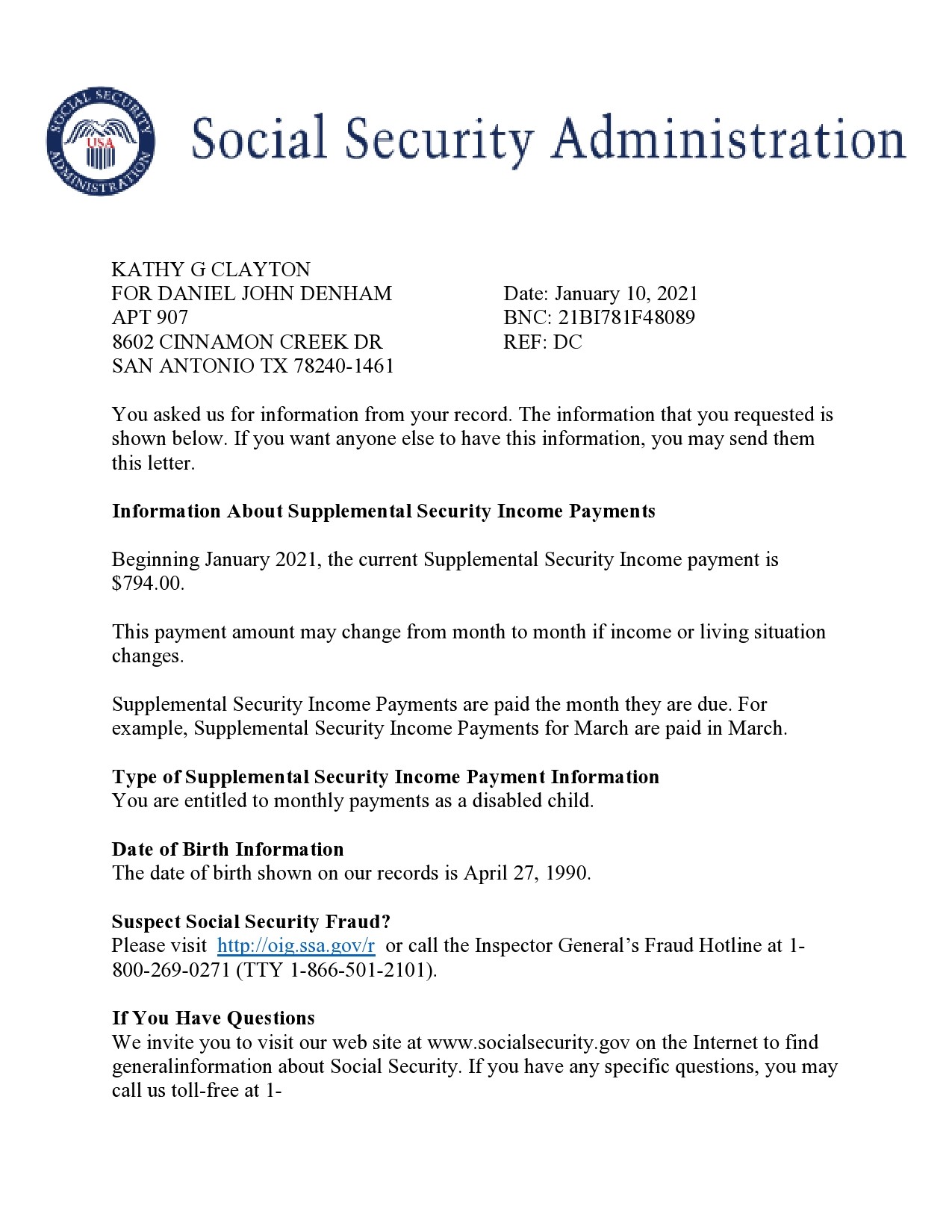In today's digital age, social security identity verification has become more critical than ever. With cyber threats on the rise, safeguarding your personal information is paramount. Identity theft can lead to severe consequences, from financial losses to damage to your reputation. This article delves into the importance of social security identity verification, offering practical tips and strategies to protect your identity.
Social security numbers are among the most sensitive pieces of personal information. They serve as a gateway to your financial and personal life. Understanding how to verify and protect your social security identity is essential in preventing unauthorized access and misuse of your data.
Whether you're an individual looking to safeguard your personal information or a business striving to protect your customers' data, this guide will provide valuable insights. Let's explore the world of social security identity verification and discover how you can take proactive steps to protect yourself in an increasingly digital world.
Read also:Ds Emulator For Ios The Ultimate Guide To Playing Nintendo Ds Games On Your Iphone
Table of Contents:
- Introduction
- The Importance of Social Security Identity Verification
- Methods for Verifying Social Security Identity
- Risks Associated with Social Security Identity Theft
- Preventing Social Security Identity Theft
- Steps to Take if Your Identity is Stolen
- Technology and Social Security Verification
- Social Security Identity Verification for Businesses
- Legal Aspects of Social Security Identity Verification
- The Future of Social Security Identity Verification
- Conclusion
Introduction
Social security identity verification is a crucial process that ensures the authenticity and security of one's personal information. In an era where data breaches and identity theft are rampant, understanding how to safeguard your social security number is essential. This section provides an overview of the topic and outlines the significance of identity verification.
Social security numbers are more than just a string of digits; they represent a critical component of your identity. They are used for various purposes, from obtaining employment to accessing healthcare services. Therefore, it is vital to know how to protect your social security identity and prevent unauthorized access.
The Importance of Social Security Identity Verification
Social security identity verification plays a pivotal role in maintaining the integrity of your personal information. This section explores why it is crucial to verify your social security identity and the potential consequences of neglecting this process.
Why Verification Matters
Verifying your social security identity ensures that your personal data remains secure and protected. Without proper verification, you risk falling victim to identity theft, which can lead to significant financial and emotional distress.
- Protects against unauthorized use of your social security number
- Prevents fraudulent activities in your name
- Ensures accurate reporting of income and benefits
Methods for Verifying Social Security Identity
There are several methods available for verifying social security identity. This section discusses the most effective techniques and tools that individuals and businesses can use to ensure the authenticity of social security information.
Read also:Howard Cosell The Legendary Voice That Changed Sports Broadcasting Forever
Online Verification Services
Many online platforms offer social security verification services. These services provide quick and secure ways to confirm the validity of social security numbers. They often require minimal personal information and deliver results within seconds.
Risks Associated with Social Security Identity Theft
Social security identity theft poses significant risks to individuals and businesses alike. This section outlines the potential dangers of identity theft and the impact it can have on your life.
Financial Consequences
Identity theft can lead to unauthorized financial transactions, resulting in substantial monetary losses. Victims may also face difficulties in obtaining credit or loans due to the damage caused to their credit history.
Preventing Social Security Identity Theft
Taking proactive measures is essential in preventing social security identity theft. This section provides practical tips and strategies to protect your personal information and reduce the risk of identity theft.
Best Practices
- Never share your social security number unless absolutely necessary
- Use strong, unique passwords for online accounts
- Regularly monitor your credit reports for suspicious activity
Steps to Take if Your Identity is Stolen
Unfortunately, even with the best preventive measures, identity theft can still occur. This section outlines the steps you should take if your social security identity is stolen and how to mitigate the damage.
Immediate Actions
If you suspect identity theft, it is crucial to act quickly. Contact the relevant authorities, place a fraud alert on your credit reports, and file a report with the Federal Trade Commission (FTC).
Technology and Social Security Verification
Advancements in technology have significantly impacted social security identity verification processes. This section explores how technology is transforming the way we verify and protect our personal information.
Innovative Solutions
From biometric authentication to blockchain technology, innovative solutions are being developed to enhance the security of social security identity verification. These technologies promise to make the process more efficient and secure.
Social Security Identity Verification for Businesses
Businesses have a responsibility to protect their customers' personal information, including social security numbers. This section discusses the importance of social security identity verification in the business context and provides guidelines for implementing effective verification processes.
Best Practices for Businesses
Businesses should adopt robust security measures to safeguard customer data. This includes encrypting sensitive information, conducting regular security audits, and training employees on data protection best practices.
Legal Aspects of Social Security Identity Verification
The legal framework surrounding social security identity verification is complex and ever-evolving. This section examines the laws and regulations that govern the use and protection of social security numbers.
Key Legislation
Legislation such as the Fair Credit Reporting Act (FCRA) and the Identity Theft and Assumption Deterrence Act provides guidelines for protecting personal information. Businesses must comply with these laws to avoid legal consequences.
The Future of Social Security Identity Verification
As technology continues to advance, the future of social security identity verification looks promising. This section speculates on the potential developments and innovations that may shape the landscape of identity verification in the years to come.
Trends to Watch
Emerging trends such as artificial intelligence and machine learning are expected to revolutionize the field of identity verification. These technologies will enhance accuracy and efficiency, making it easier to protect personal information.
Conclusion
Social security identity verification is a critical aspect of protecting your personal information in today's digital world. By understanding the importance of verification, utilizing effective methods, and taking proactive steps to prevent identity theft, you can safeguard your social security identity and reduce the risk of falling victim to cybercrime.
We encourage you to share this article with others and explore our other resources on data protection and cybersecurity. Together, we can create a safer digital environment for everyone.
References:
- Federal Trade Commission (FTC) - Identity Theft
- Internal Revenue Service (IRS) - Identity Protection
- Consumer Financial Protection Bureau (CFPB) - Credit Reports


